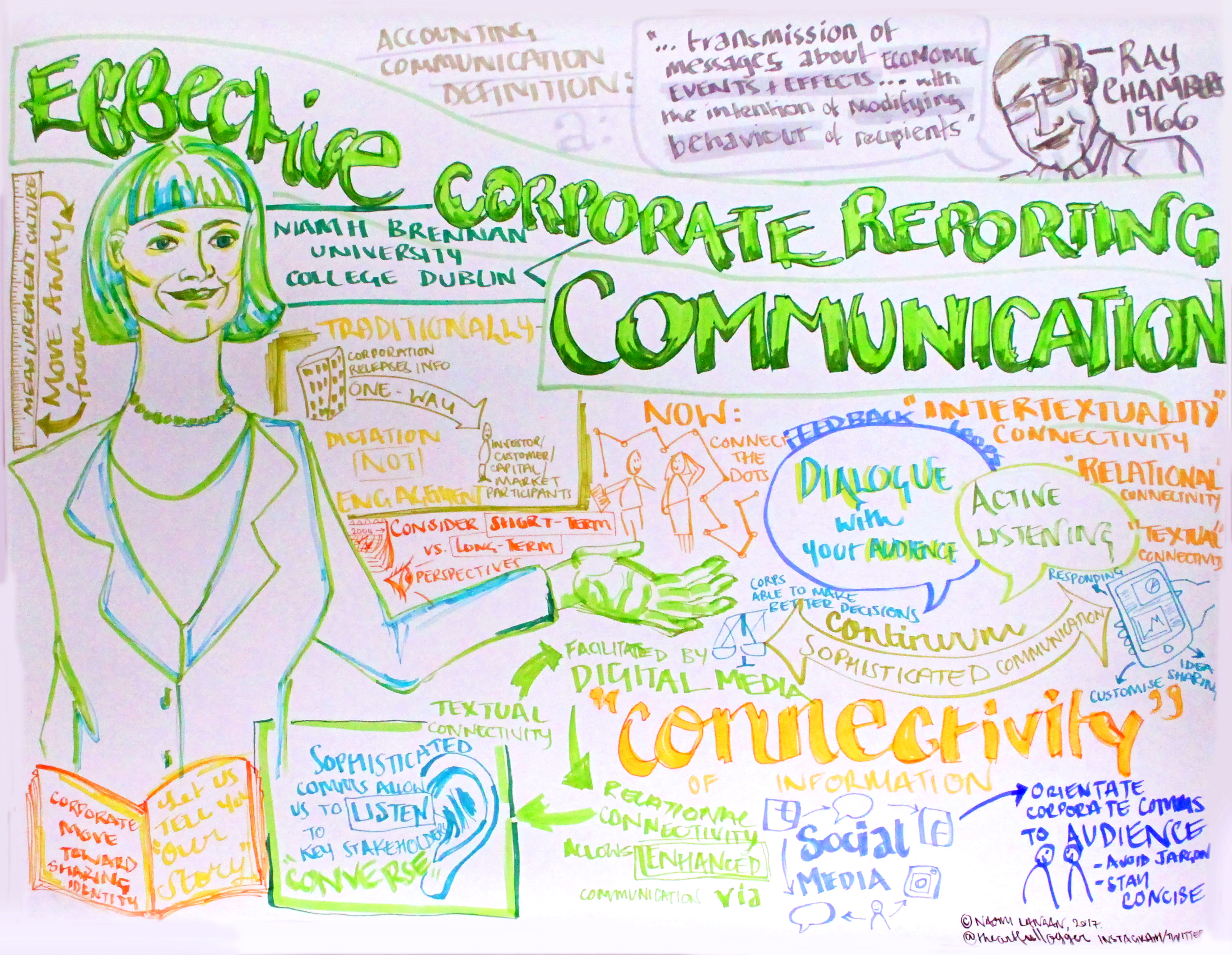IFBM conference 2017
Video recordings, blog posts and academic papers from the 2017 Information for Better Markets conference.
In recent years there have been major changes in accounting standards, an explosion of narrative reporting and increased attention on business’s impact on society and on the natural world. Meanwhile the way information is communicated in most areas of life has changed radically, and questions are being asked as to whether the communication of corporate reporting information needs to change radically too.
The 2017 IFBM conference asked whether corporate reporting is moving in the right direction. It brought together academics and non-academics to debate current issues, including the findings of four research papers specially commissioned for the event.

Topics
Financial reporting for investors
Do the financial statements give them what they need?
While a recent call for a new approach to corporate reporting (The Future of Corporate Reporting – FEE, 2015) cites the fact that annual reports have little impact on share prices as evidence that the current approach has failed, some see this as evidence that the business reporting system is working well. Others argue that companies are reporting information that fails to capture the drivers of the business or reflect its business model.
Professor Baruch Lev, NYU Stern, argues that financial reporting for debt and equity investors is currently underperforming and sets out his proposals for change.
The response from Nick Andersen, IASB.
Reporting on businesses
Do we know enough about the external impacts?
Reporting to investors inevitably focuses on the company’s own income and costs, but firms have many impacts on third parties, both positive and negative, that are not reflected in their income statements (‘externalities’).
Professor Jeffrey Unerman, Royal Holloway, examines how companies are currently reporting on external impacts, what challenges they face and what can be done to improve practices.
The response from Paul Druckman, Clear Insurance Management.
Non-financial reporting
Who benefits from the explosion in non-financial reporting?
Arguably the most dramatic change in corporate reporting in the past 30 years is the explosion of non-financial reporting (NFR). Companies use this to ‘tell their story’ and to communicate – among other things – their business model, strategy and prospects.
Professor Hervé Stolowy, HEC Paris, explores recent development areas in NFR and asks whether the expansion in disclosure requirements unnecessarily confuses users.
The response from Hilary Eastman, PwC.
Corporate reporting information
Is it being communicated successfully?
The success of a communication can be judged in various ways: eg, how quickly people respond, whether their response changes subsequently, how far different people interpret it in different ways. For corporate reporting, such tests could be based on market responses or experimental settings.
Professor Niamh Brennan, University College Dublin, looks at how to judge the effectiveness of corporate reporting communication, how successful it is currently, and how it could be improved.
The response from Janice Lingwood, Addison Group.





